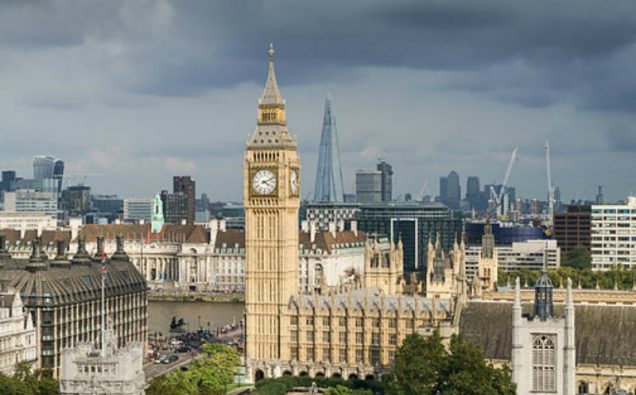
The Brexit has happened, and it has not happened fully yet in terms of fallout it is likely to trigger in the months and years ahead. Already volatility in financial markets across continents and uncertainty within Britain has cost the Conservative prime minister his job, and angered European capitals, counting the economic price and domestic political perils from the separation vote.
In terms of the shadow that Brexit could cast on the world, the development may be the single most influential factor in shaping the future of the world. In many ways, the Brexit, if recycled as a response to troubles, could mire the world deep in new fault lines.
That, in turn, may possibly spawn more international ramifications than other recent critical events including the 9 /11 terrorist attacks, 2008 financial crisis, the ongoing Middle Eastern conflicts, and last year’s Iran nuclear deal.
London’s exit is seen as a setback to European unity and globalization at many levels, as it is for the UK itself in the context of Scotland.
As demonstrated by the “Black Friday” of financial markets, the world stability and progress is inextricably linked to European security, culture, politics and a sense of togetherness that the bloc gave to member countries.
Politically, it sends a wrong signal to nations unnerved by the rise of the right-leaning, conservative and nationalistic parties that prey on populist sentiments and exploit feelings of insecurity and fear. The rise of authoritarian nationalism in Europe is reminiscent of the 20th century fascism.
The influx of refugees from festering Middle Eastern hot spots and persecuted communities in Asia and Africa and terrorist violence in the face of ISIS threat have provided much fodder for such politics.
Secondly, London’s pullout from the EU rings like a rude reminder that some of the cataclysmic events that robbed Europe of progress, humanity and purpose in the past like the two world wars were rooted in excessive nationalism.
Thirdly, Brussels is not just the European Union capital, it is also the headquarter of North Atlantic Treaty Organization – a security alliance that, though faced with challenges, provides the United States and Europe a common platform for united response to security threats. So any disconnect in EU could affect the NATO as well.
The argument that decisions that affect lives of hundreds of millions in Paris, Berlin and London are made in divorced-from-reality Brussels sounds rather self-defeating, and hits at the very roots of the spirit and purpose of a continental alliance.
Fourthly, the notion of exclusivity vis-à-vis pluralism and multiculturalism that Brexit represents might also echo in the world beyond Europe.
It may particularly reverberate in the Muslim countries, where societies are trying to fight extremist mindset and the United States, which is the midst of a high-stakes election season.
Already, Donald Trump, the presumptive Republican nominee for November 8 election, has been inflaming xenophobic feelings toward the Latinos and Muslims. The billionaire businessman has been trying to erect a smokescreen denying the reality that modern America is built to a great extent on the talent drawn from around the world. He intentionally appears to ignore examples like the success of tech giants that give America superiority over other nations and owe their success to opulence of global talent.
Trump has even drawn up a raw specter of building a wall along the Mexican border and shutting out an entire Muslim population.
While on a visit to Scotland, Trump exulted in the triumph of Brexit thinking, and suggested the same trend would reverberate in the United States.
“I think it’s a great thing that happened, an amazing vote, very historic. We’re very happy.”
His anti-establishment rhetoric might pose new challenges for Democratic likely nominee Hillary Clinton, who already has much work to do in making a convincing argument for her economic plans.
In the Muslim world, a consequence of Britain and by extension other Western nations’ turning back on immigration, economic integration and multiculturalism could be a setback to efforts against militancy and militant mindset. It may even provide terror groups like the ISIS another tool to recruit militants.
Financially, Britain, even with its huge historical riches and influence, might not recover fully from Brexit in the years ahead. The ripples that the exclusionary concept of separation from immediate neighbors sends inside Britain and across the global might prove disastrous for the world.
If the Brexit provokes more Brexits in countries and regions around the world, the many well intentioned efforts for multicultural peaceful coexistence as against militancy and xenophobic nationalism, and the dream of a commercially interconnected world with unavoidable mutual stakes in prosperity and stability, risk unimaginable reversals.











